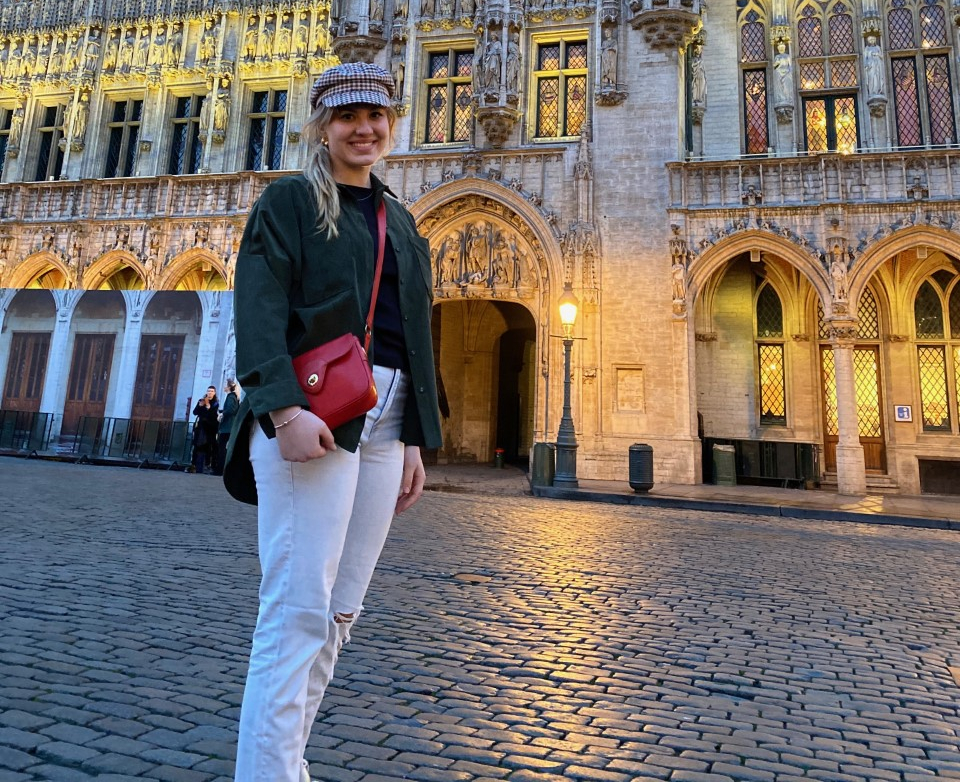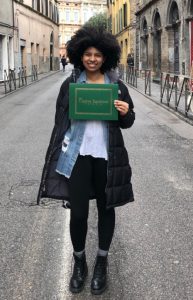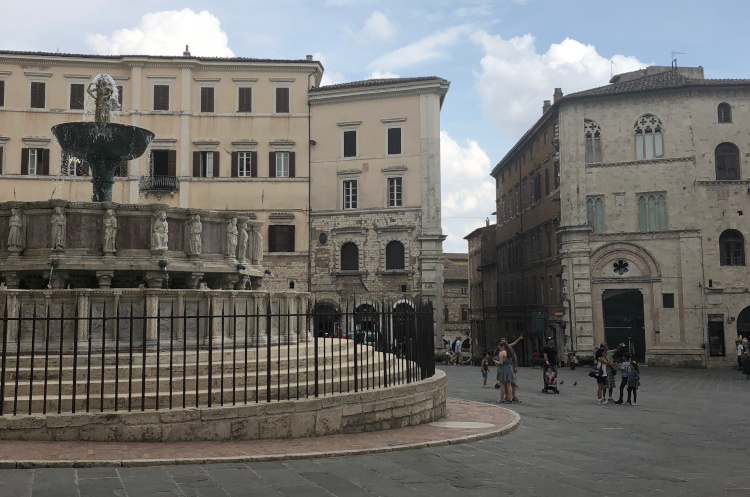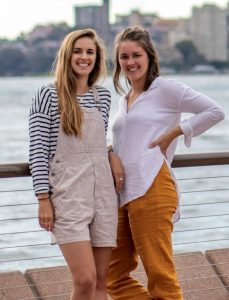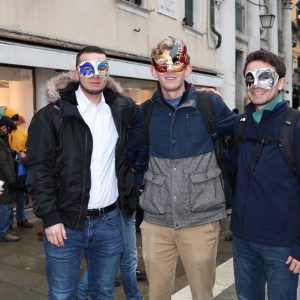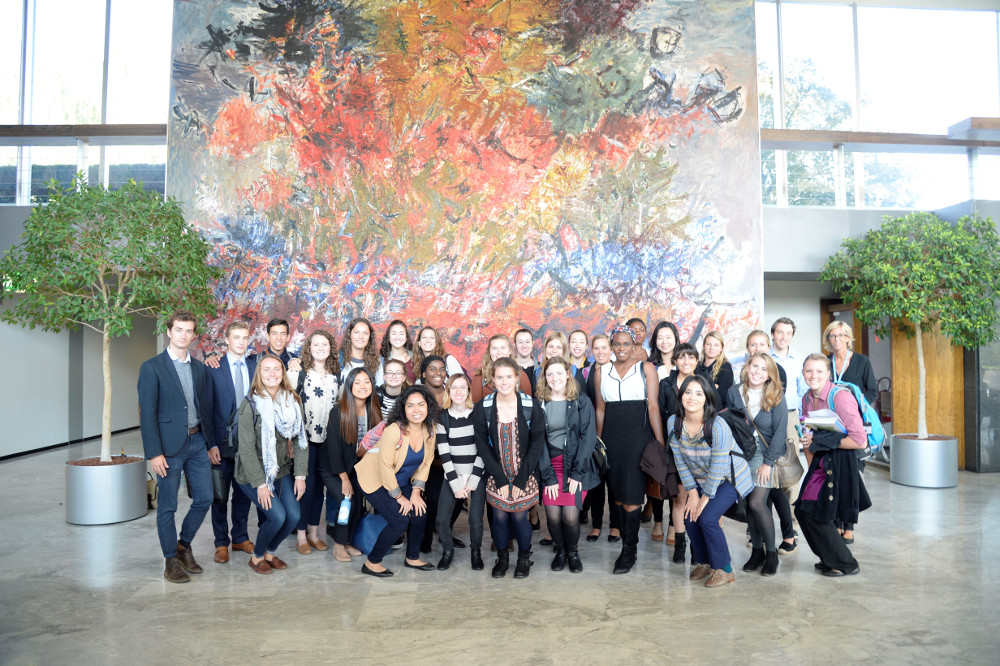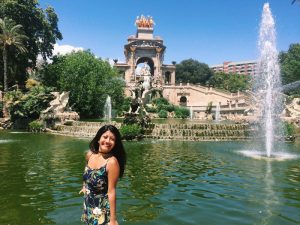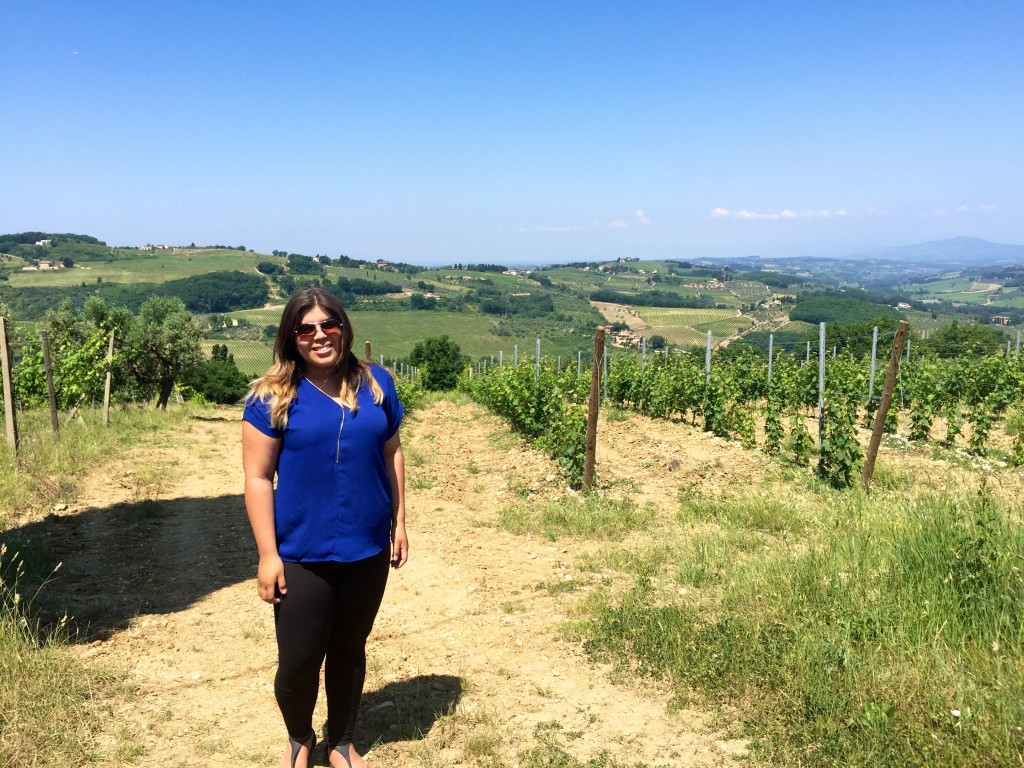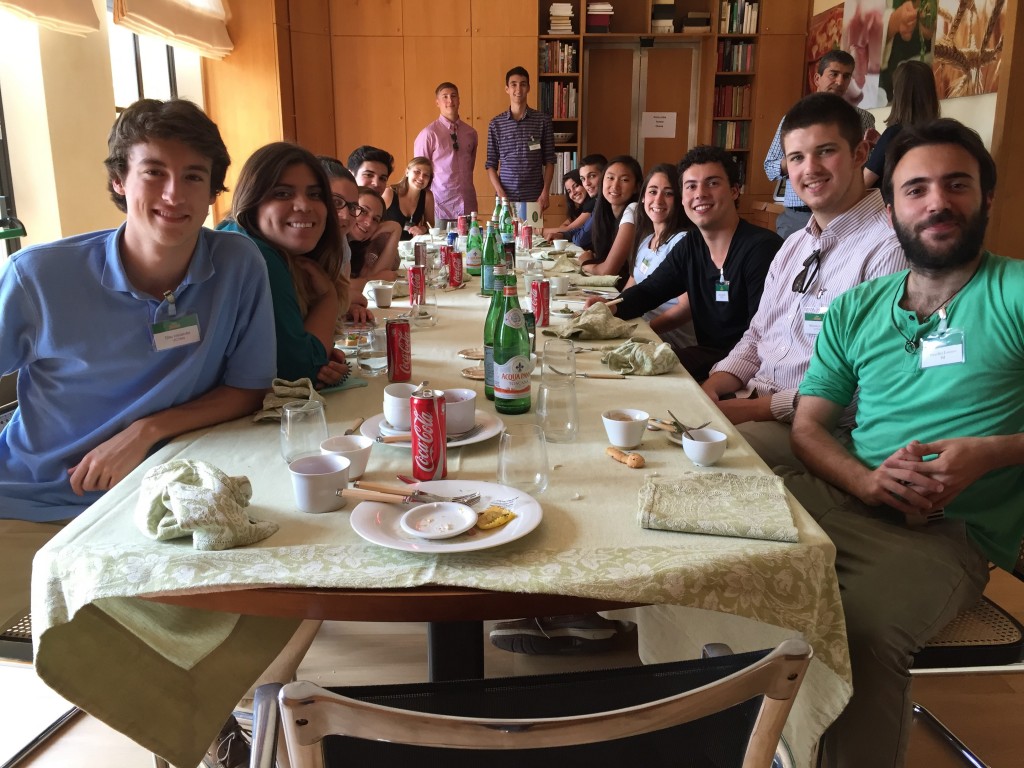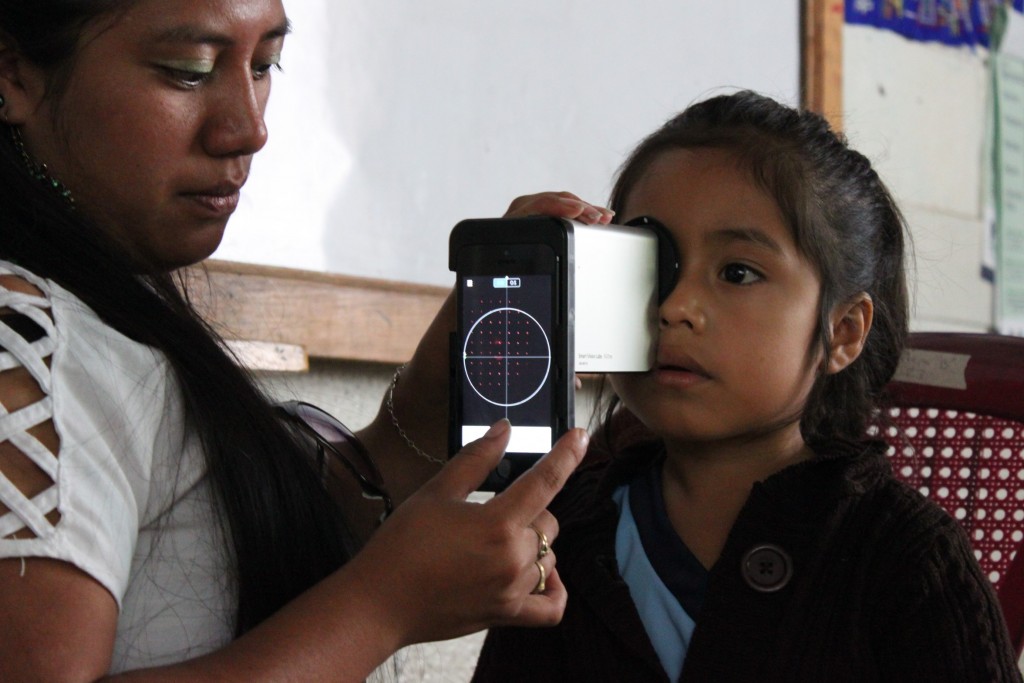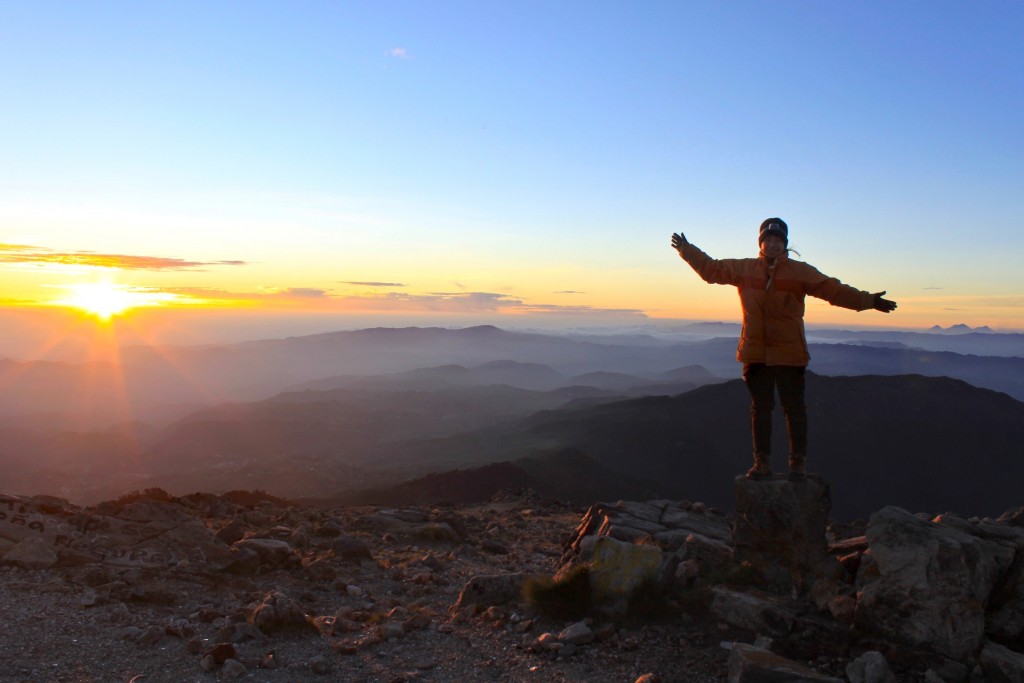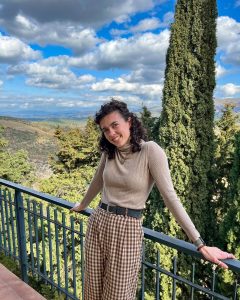
In my freshman year, I developed my major, “Visual Journalism and Culture”. Coming into college, I was unsure of a major that seemed to capture all that I wanted out of my education. I worked at the town newspaper in my hometown while I was in high school and was interested in learning more about people and different cultures. My major is a combination of anthropology, communication, journalism, sociology, and Human Rights. I have taken courses in all of these areas to help develop my understanding of the human experience, and appropriate ways to document people’s personal stories. I want to help people’s voices be heard and learn how others view the world. That is why I chose to go abroad during my junior year at UConn.
After the cancelation of the program that I had planned to take in Belfast, Ireland, I was offered a General Studies program in Florence, Italy. I was worried about going to a country where I didn’t speak the language and was not sure what courses were going to be offered. The change was a blessing in disguise; once I saw the course list I was relieved and excited about the fun and engaging classes I had to choose from. In a city with so much history and culture, it was amazing to be able to take courses that taught me more about where I was. I took Intercultural Communication, Photography: Portfolio in Florence, and Social Media and Social food as well as the Italian course that everyone was required to take.
The Intercultural Communications course developed my understanding of my major because I was able to learn about cultural norms from the perspective of an individual that lives in a completely different culture than ours. Most of my courses at UConn have been taught with a focus on American culture or global culture from an American perspective. Being able to learn from a completely different point of view was very educational because it helped me develop my anthropological skill of cultural relativism. We had countless discussions on the differences between our cultures as well as “Firenze vs Florence” meaning comparing the touristic side of Florence to the local city of Firenze.
The photography portfolio course was also eye-opening because I learned about artistic photography from a professional Italian photographer. He would go to fashion shows in Milan on the weekends and bring his photos back to class on Monday so we could analyze them with him. I gained a deeper understanding of the art of photography and how to connect with subjects through the camera as well as face to face. I learned about all sorts of niches of photography and got to witness the professor’s editing technique. One of the most helpful methods of learning to me is getting to watch a professional go through their process and compare that to others’ methods.
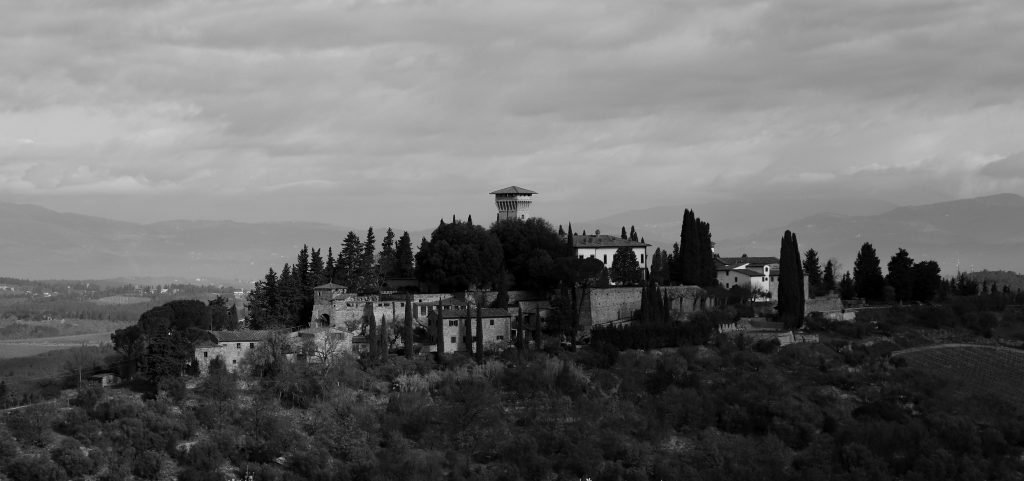
Overall, having the chance to challenge myself by living in a foreign place gave me time to think deeply about how my experience is relative. I felt as if I was getting an opportunity to do Anthropological fieldwork as I took long walks around the city and made connections with local shop owners and learned their stories. I got to see firsthand the differences between life in different places and the norms that cultures create. My studies in Florence promoted my desire to learn about as many different cultures as I am able to. It was extremely challenging at times, but it is one of the best learning experiences of my life.
By Izzi Barton
IMJR: Visual Journalism and Culture
